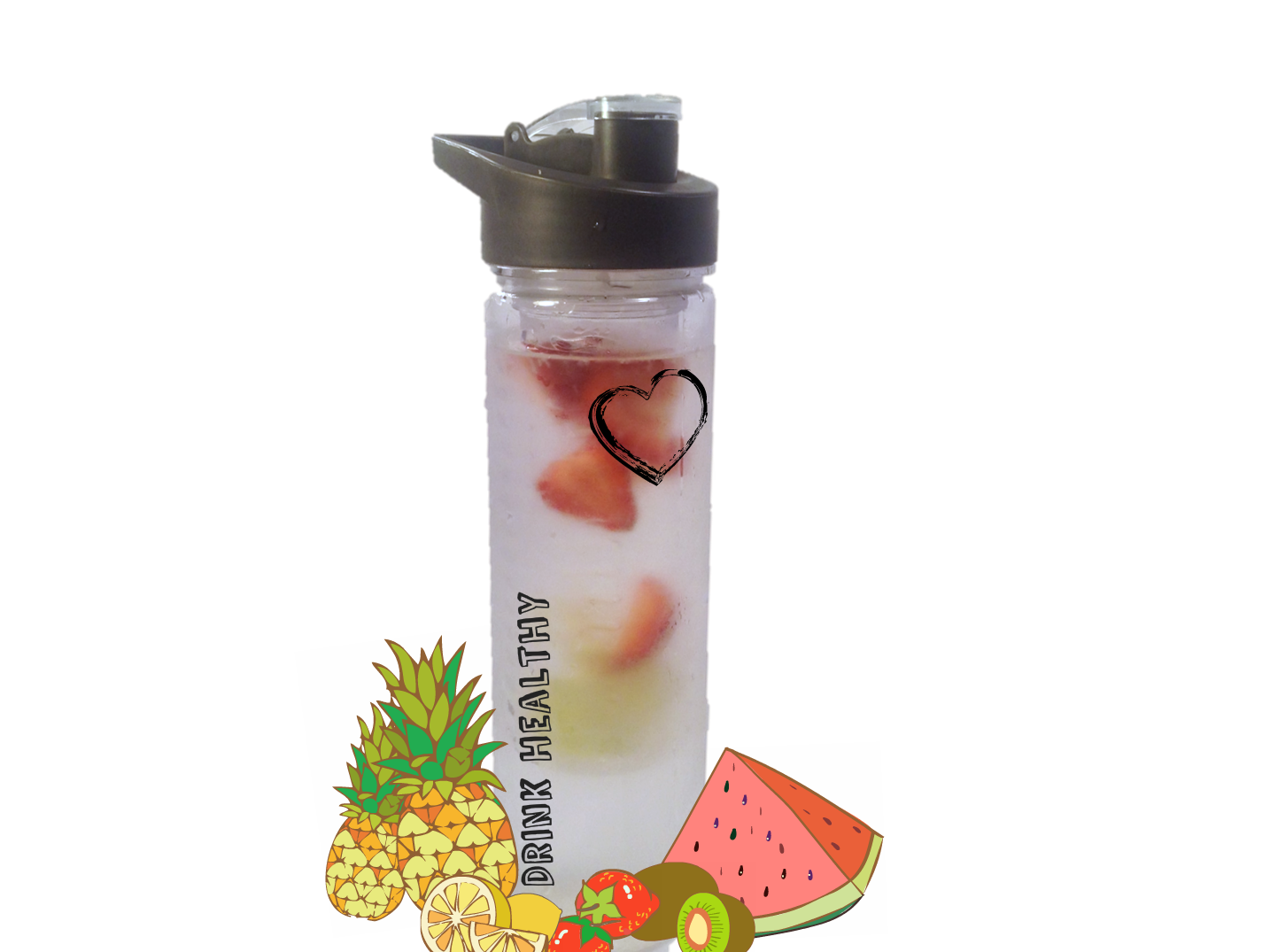There are some facts yo better know about water, hydration and dehydration. Remember that even winter is cold, it may dehydrate us to. The Summer is almost over, but we are still made of water. Keep using your HidrateH2O Water bottle, and stay hydrated with some nice flavors.
- Drink water before you get thirsty and keep dehydration at bay, because when your thirsty you are already dehydrated.
- Blood is thicker than water, but not by much! 79% of blood IS water!
- The elderly have proportionately less water in their bodies than the young, so staying well-watered is a big priority.
- Water is a nutrient for every cell in the body.
- Travel, hot weather, and exercise all increase the body’s need for water.
- Our teeth contain 10% water!
- 85% of the brain is water!
- Water helps to protect vital organs, such as the brain, spinal cord, and interior of the eyes.
- Small sips throughout the day are a smart way to keep well watered.
- Kids lose proportionately more fluids through sweat than adults?
- Studies show that a water loss amounting to a mere 2% of body weight can have an effect on a person’s physical endurance.
- Water has no fat, no calories, and no cholesterol!
Follow us on Twitter: @HIDRATEH2O







%5B2%5D.jpg)


